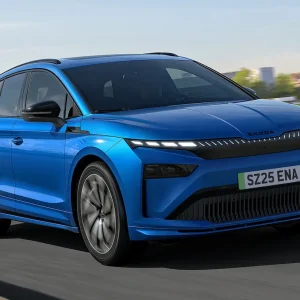Although the cost of motoring is increasing, it is unlikely that it will have any serious effects upon drivers, according to the RAC’s 2013 Report on Motoring.
The findings in the report state that, above all, cost has become an increasingly evident concern for motorists, with 61% saying that this has become the most noticeable change over the last 25 years. 90% of motorists also believe they are hit by high taxes because they are, according to the report, “easy targets for the Government”.
Additionally, 19% don’t understand how motor taxation is calculated, while 78% express dissatisfaction and doubt on how well tax money is spent.
Following on from this, road conditions have also become an increasingly prominent issue. In particular, 84% of drivers believing that the condition of their local roads have deteriorated, an increase of 15% percentage points on 2012, with 30% of drivers choosing to walk to work one to three times a week instead.
Nevertheless, in spite of this, the report noted that 89% of motorists are more reliant on their cars than they were 25 years ago, with 78% stating they would find it hard to adjust to a car-free lifestyle.
Similarly, the report documents that a record number of people are reliant on a car to commute into work, with 73.4% of rural workers commuting by car or van, while 29.8% of Londoners drive rather than take the underground (22.6%), bus (14%) or train (13.3%).
“Motoring is the single biggest area of household expenditure bar none. Those on the lowest incomes are drowning under the weight of motoring costs,” said Professor Stephen Glaister, RAC Foundation director. “The Government’s recent freeze on fuel duty, while welcome, is like rearranging the deckchairs on the Titanic – ultimately futile. To make a real, meaningful difference, fuel duty needs to be cut significantly.”





